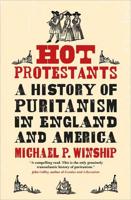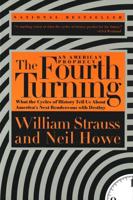Publisher's Synopsis
The religious and political activities in Pennsylvania during the period between the Great Awakening and the eve of the Revolution (1740-1770) were at once typical and unique: typical as far as he general trend of American experience is concerned, unique, however, with regard to the participants and many of the issues at stake.
This volume provides a balanced picture of these activities and, more specifically, describes and interprets three interrelated trends that obtained during this period-the transformation of diverse groups into a public, the shift from religious to secular interests, and the sequence of revivalistic fervor and denominational consolidation. These trends are considered with respect to the long-term developments of history, as well as with regard to their short-term interaction in the particular situation of Colonial Pennsylvania. The pattern of the interaction of these trends is delineated in detail with a view to examining the practical evolution of American Democracy and the roots of a distinct American civilization.
It is noteworthy that The Layman's Progress attempts to introduce a new point of view into American Colonial historiography by focusing on contemporary attitudes rather than interpreting the period from the viewpoint of subsequent events. To this end the author has utilized a great deal of unpublished source material, some of which now appears for the first time in the Appendix. In addition, an effort has been made to emphasize those aspects of colonial history that have heretofore been largely neglected. Thus, the author gives special consideration to the interaction of the various ethnic and religious groups; more attention is devoted to religious affairs than to political, and the German groups are examined in closer detail than are the English groups.
Thoroughly documented, clearly and imaginatively written, The Layman's Progress is a significant contribution to American Colonial historiography.








